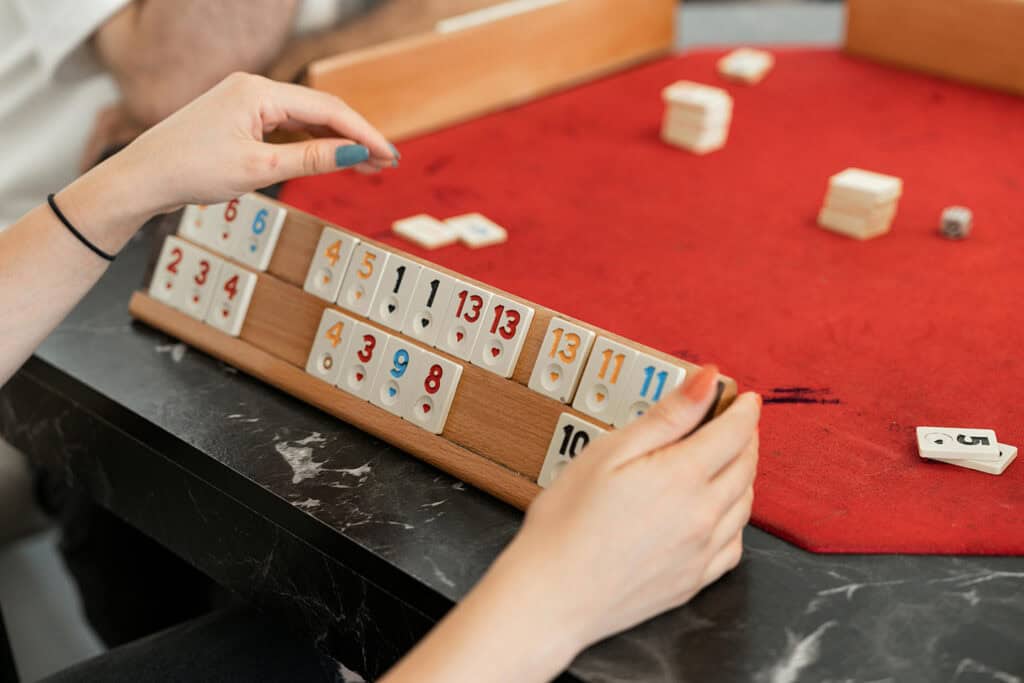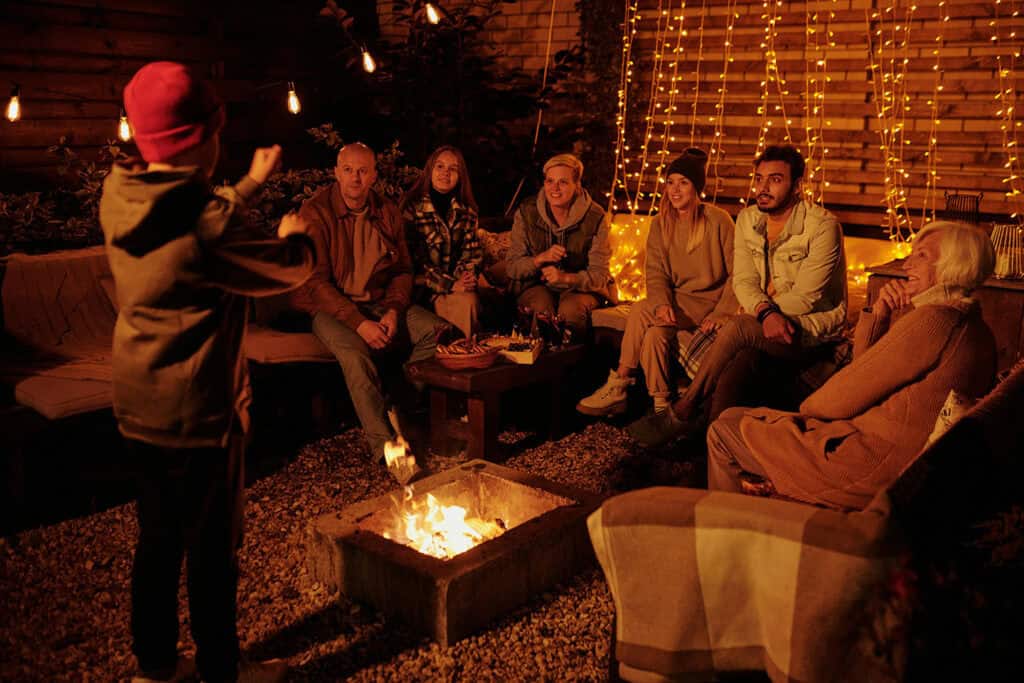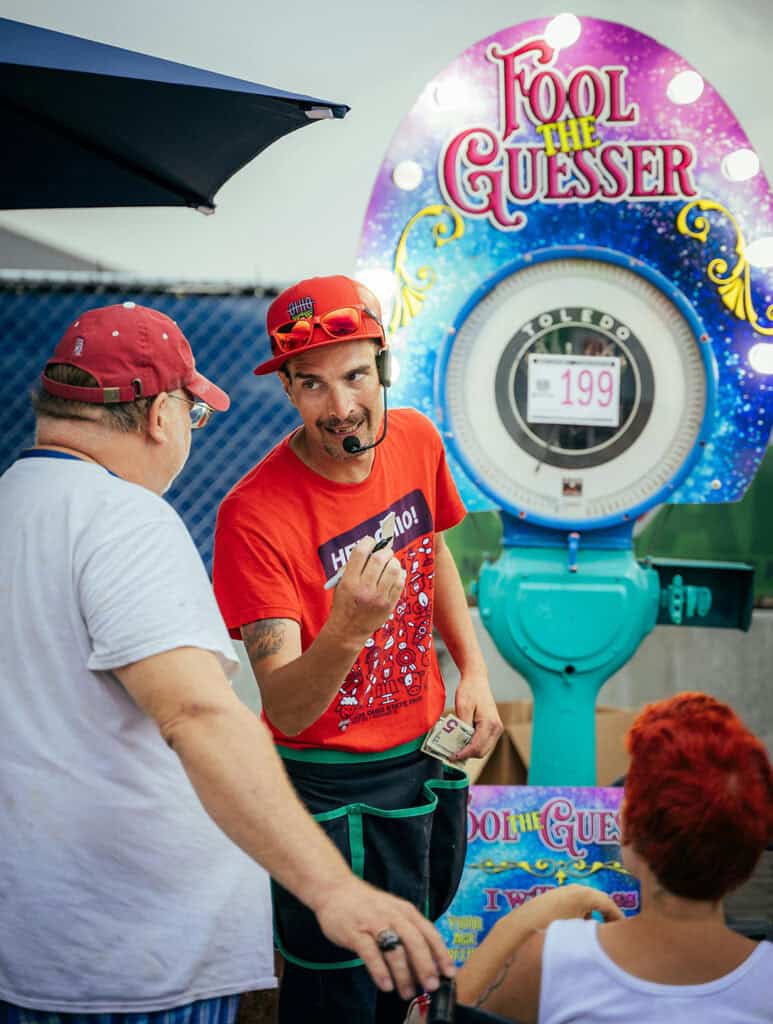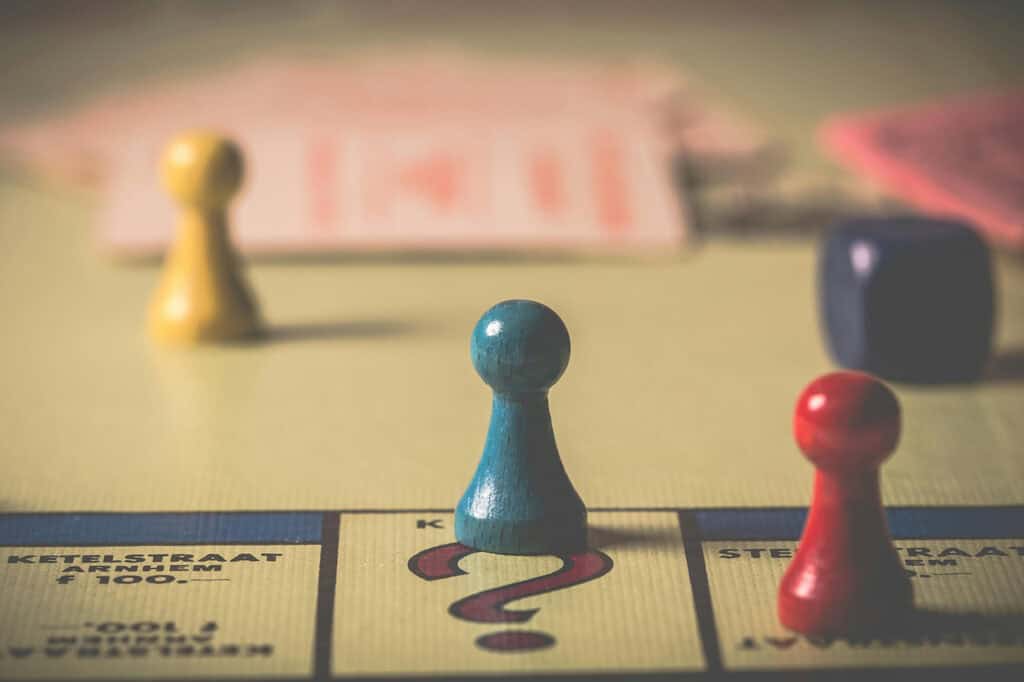
Feeling overwhelmed by the demands of daily life? You’re not alone in facing this challenge. As the hero in your own story, you deserve a break to recharge and rejuvenate.
We are here to guide you with practical advice and insights on why entertainment is crucial for well-being.
In this article, we explore 6 reasons of importance, 40 entertainment options, highlighting their benefits such as stress relief, creativity enhancement, and social connection, while emphasizing how engaging in diverse forms of entertainment can enrich your life and provide a necessary escape from daily pressures.
Start by reading on to discover simple yet effective strategies that will help you feel more balanced and invigorated.
Follow the transformative power of entertainment and enjoy a healthier, happier you.
Here Are 6 Reasons Why We Need Entertainment:
- Entertainment and Mental Health: Enhances mental well-being by reducing stress and providing relaxation.
- Entertainment and Social Bonding: Strengthens relationships through shared activities and experiences.
- Entertainment and Personal Growth: Encourages self-improvement by broadening perspectives and inspiring new interests.
- Entertainment and Education: Offers educational value through informative and interactive content.
- Entertainment and Stress Management: Helps manage stress and provides a break from daily pressures.
- Entertainment and Creativity: Stimulates creative thinking by exposing individuals to new ideas and artistic expressions.
See also How to Love Your Own Body? 8 Practical Tips to Boost Body Image and Self-Esteem
Importance of Entertainment
Entertainment and playtime are essential for stress relief and overall well-being. Engaging in entertainment, whether through TV, games, or social activities, allows a person to relax and unwind, providing a safe place for the mind to reset.
Entertainment helps explore new ideas and plays a critical role in managing emotions and connecting with friends. The entertainment industry offers great content that stimulates the brain and fulfills a powerful need for distraction and joy.
According to psychology, taking time for entertainment is crucial for maintaining a balanced, healthy life, making it more than just a leisure activity.
Here are 8 benefits of having entertainment in our life:
- Stress Relief: Helps reduce stress and provides relaxation.
- Emotional Well-Being: Improves mood and helps manage emotions.
- Mental Stimulation: Engages the brain and encourages creativity.
- Social Connection: Fosters relationships by bringing people together.
- Exploration of New Ideas: Introduces different perspectives and experiences.
- Balanced Life: Contributes to a well-rounded, healthy lifestyle.
- Distraction from Daily Pressures: Offers a break from routine and responsibilities.
- Joy and Happiness: Adds fun and enjoyment to life.
Now let’s explore 6 reasons why we need entertainment:
1. Entertainment and Mental Health

Entertainment plays an integral part in our overall wellness, serving as more than just a source of fun.
When stress hormones rise, engaging with entertainment—whether it’s a movie, book, or game—can help the brain release the chemical dopamine, known for its reward and pleasure effects.
As we watch main characters overcome challenges, our brain thinks we’re vicariously gaining control over our own stresses, leading to a reduction in anxiety.
This response isn’t just enjoyable but is perfectly healthy; it improves cognitive function by allowing us to navigate complex emotions and scenarios, making entertainment a vital tool in managing mental health.
2. Entertainment and Social Bonding

Entertainment is a crucial part of the human experience, offering more than just moments of pleasure. In a society where work-life balance is often difficult to achieve, entertainment provides a simple answer to relieving stress after a stressful day.
Whether it’s a movie night with friends or a solo gaming session, these activities trigger the release of dopamine, the brain’s “feel-good” chemical, helping to relieve stress and recharge.
Moreover, entertainment plays a vital role in social bonding, allowing us to connect with others and strengthen relationships. In a world filled with responsibilities, taking time to be entertained is not just enjoyable—it’s essential for well-being.
3. Entertainment and Personal Growth

In our fast-paced world, entertainment serves as a vital tool for personal growth. By finding ourselves in music, films, and other forms of media, we encounter characters who face and overcome personal growth challenges.
These stories not only offer fun and entertainment but also provide insights into how we can tackle our own struggles. At completely random times, engaging with such content helps us gain control over our emotions and reflect on our lives.
The entertainment industry, with its rich array of content, enables us to find reprieve from daily stress and inspires us to grow. As Al Nelson aptly put it, “Entertainment can be a catalyst for personal development.”
4. Entertainment and Education

Entertainment serves as a crucial balance between enjoyment and education, shaping our lives in unique ways. Engaging in enjoyable activities stimulates the brain and releases the reward system, which is a dopamine reward that makes us feel good.
Through entertainment, such as educational media or interactive experiences, we learn vicariously and gain insights into real-life challenges. This balance helps us understand the world better while enriching our sense of control and well-being.
Dopamine boost is a core reason why we seek out different forms of entertainment. For example, Howard Bloom in “Lucifer Principle” suggests that entertainment helps us vicariously experience various aspects of the world, enriching our sense of control and reducing learned helplessness.
Through experiences, like observing two rats in a controlled experiment, we learn to navigate our own real-life challenges. As entertainment evolves, it continues to offer profound insights and a means to cope with life’s miles today.
Here’s how entertainment supports learning and education:
- Promotes Critical Thinking: Engages problem-solving skills through interactive challenges and scenarios.
- Increases Engagement: Captures attention through interactive and enjoyable content.
- Enhances Retention: Uses memorable stories and activities to reinforce concepts.
- Provides Real-World Context: Applies knowledge to practical scenarios for better understanding.
- Boosts Motivation: Incorporates rewarding elements, like gamification, to encourage continued learning.
- Accommodates Diverse Learning Styles: Addresses various preferences, from visual to auditory.
- Stimulates Curiosity: Encourages exploration and inquiry through compelling narratives.
- Facilitates Emotional Connection: Helps learners connect emotionally with the material, making it more impactful.
5. Entertainment and Stress Management

Entertainment is crucial for stress management and overall well-being. Family bonding activities and time spent with friends offer a valuable escape from daily stressors, allowing people to relax and connect.
Most people find that engaging in entertainment forms such as sports or watching movies helps in vicariously overcoming challenges and revitalizing the brain.
For example, participating in a fun activity can serve as a pretty good motivator, providing a mental break and helping positive social interactions.
Entertainment reflects a vital aspect of life, helping individuals realize their role in stress relief. In fact, more entertainment can significantly enhance the quality of life by creating joyful experiences and reducing anxiety.
See also What Are the Secrets of a Happy Family? 8 Essential Insights
6. Entertainment and Creativity

Entertainment is more than just a break from routine; it’s a powerful source of creativity that enhances life planning. Engaging in various forms of entertainment—whether it’s movies, music, or games—stimulates the mind and encourages imaginative thinking.
This creative boost can be crucial when using life planning tools to set and achieve goals. By incorporating entertainment into your life, you can spark new ideas, approach problems from different angles, and refresh your perspective.
Ultimately, this creative energy helps in crafting more dynamic and effective life plans, making entertainment an essential component of a well-rounded strategy for personal development.
40 Entertainment Options
- Movies: Films across genres for various tastes.
- TV Shows: Episodic series in drama, comedy, and more.
- Music Concerts: Live performances by artists or bands.
- Video Games: Interactive digital games for solo or multiplayer play.
- Books: Literature providing escape and education.
- Streaming Services: On-demand access to movies and shows.
- Podcasts: Audio content on diverse topics.
- Stand-up Comedy: Live performances featuring humor.
- Theater Performances: Live stage plays and musicals.
- Music Festivals: Multi-day events featuring various artists.
- Art Exhibitions: Displays of visual art in galleries.
- Sports Events: Live or televised athletic competitions.
- Comedy Clubs: Venues for live comedic acts.
- Dance Performances: Shows featuring various dance styles.
- Museums: Exhibits of art, history, and culture.
- Live Music Venues: Intimate settings for live music.
- Escape Rooms: Puzzle-solving adventures in themed rooms.
- Virtual Reality Experiences: Immersive digital environments.
- Karaoke: Singing along to popular songs.
- Documentaries: Films exploring real-world topics.
- Film Festivals: Showcases of diverse films.
- Cooking Shows: Culinary demonstrations and recipes.
- Magic Shows: Performances of illusions and tricks.
- Interactive Exhibits: Hands-on museum or gallery displays.
- Outdoor Concerts: Music performances in open-air settings.
- Historical Reenactments: Live recreations of historical events.
- Food Tasting Events: Sampling various dishes and drinks.
- Craft Workshops: Classes for creating art and crafts.
- Guided Tours: Expert-led excursions of historical or natural sites.
- Adventure Parks: Amusement parks with thrilling rides.
- Yoga Classes: Sessions focusing on fitness and relaxation.
- Sailing Trips: Boating experiences on the water.
- Art Classes: Instruction in various visual arts.
- DIY Crafting: Creating personalized projects.
- Virtual Museum Tours: Online exploration of museum exhibits.
- Nature Hikes: Outdoor walking trails with scenic views.
- Traveling Shows: Touring performances and exhibits.
- Book Clubs: Group discussions of literature.
- Audiobooks: Recorded books for listening.
- Live Theater: Stage performances of plays and musicals.
Why Do We Need Entertainment? A Recap
Entertainment plays a crucial role in our lives by offering a sense of control and a way to relieve stress. Whether we choose to watch TV, enjoy a half-hour show, or watch movies, these activities provide a vital escape from daily pressures.
Entertaining activities like watching a Youtuber’s video or indulging in various forms of media allow us to vicariously feel different experiences and emotions, helping to recharge our brains.
As life becomes increasingly demanding, the need for more entertainment grows. Engaging in these entertaining options ensures we don’t become completely burnt out or feel like our life control died. By integrating entertainment into our routine, we maintain a healthier balance and preserve our well-being.


